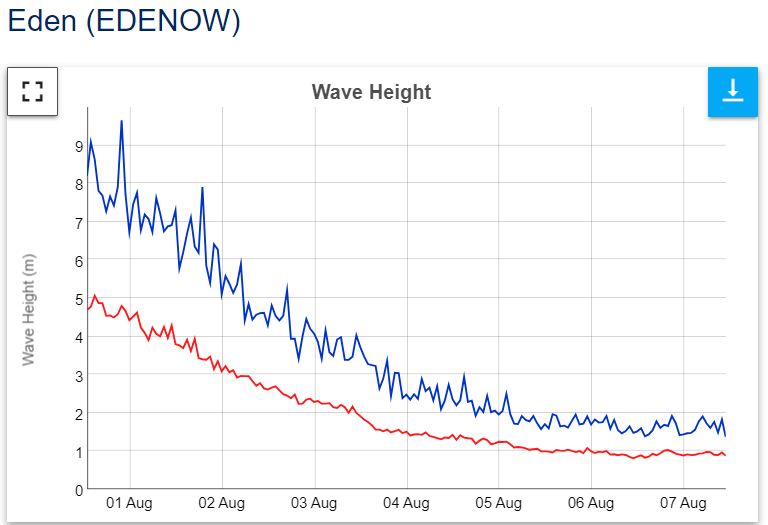Back in 2023, I thought I had written my last post on the ‘rona farce, but now, as 2024 enters its final quarter it seems to me that the deleterious effects of the ludicrously overblown response to a viral illness with a excruciatingly small infection fatality rate (IFR) continues to reverberate among the population. Memories, like the news cycle, are short, but, particularly in Australia, we should never forget the utter nuttiness of the rules and regulations that were introduced and enforced with literal military precision. Victoria was the most locked down state in the country, and spent almost an entire year under some form of draconian restriction or other including such mind-blowingly illogical restrictions as curfews between 8 pm and 5 am because everyone knows respiratory viruses are active, like possums, in the hours of darkness. Now, Victoria, the poster child of the authoritarian far left woke liberal class, is not only struggling to fund basic hospital services but also had the worst outcomes of any Australian state during the ‘rona years all due to the bloated budgets, wasteful spending of the ‘rona years and ultimately harmful lock-downs.
In the ACT, folks were allowed out of their homes for one hour of exercise per day either with one other family/household member or solo. It’s not an exaggeration to note that actual prisoners had more rights to exercise and outdoor space than the average Canberra resident during this time. Across the country gyms and outdoor playgrounds were closed, but, junk food and alcohol were both readily available, and I’m pretty sure somewhere some enterprising individual was delivering illegal drugs during the pandemic. Most tragic of all, many people died alone (not of ‘rona) as families were literally rent apart, spouse from spouse and parent from child. The sheer evil and incompetence of the politicians and health policy makers that endorsed and enforced these regulations should never be forgotten (or forgiven).
Domestic violence increased during the ‘rona years and, seemingly, an entire generation of children and adolescents developed mental health issues that have made school attendance problematic or impossible and also required hospital visits and even inpatient admissions. I’ll repeat again the cruelty of the public health officials and politicians during this time was unimaginable to me, and probably most thinking people, and, had I not lived through the ‘rona years, I would not have believed such malice possible. But, like the frog in boiling water, the population accepted each new restriction as they were dripped in bit by bit, along with massive public relations campaigns that promulgated an excess of fear and smeared critical voices as “anti-vaxers” or “cookers.” Derisive name calling is always far easier than rationality, logic and reasoned argument.
But all of this is somewhat abstract, what of our own small communities and friends and acquaintances? As a keen observer of human nature, a cooker, an anti-vaxer and a general maverick outsider, it has become more and more apparent to me that the fallout of the ‘rona debacle is both broad and deep. There are just too many folk with aggressive cancers, auto-immune, cardiovascular, and mental health conditions for my brain to not make connections. There are also all the other less dramatic but no less serious issues with reduced capacity and strength, increased obesity and even a vague but certain inability to tolerate differing opinions such that upset and moral outrage occurs if confronted with an opposing view no matter how benign. The former are literally life threatening, the latter although not immediately serious will have continued repercussions in reduced health span.
Ironically, of course, neither Doug nor I have had the ‘rona, although we have had as many exposures as any other human yet we are still (in rare instances) treated not as fellow human beings but as vectors of disease. A reliance on personal observation and experience and a generous discounting of the validity of hysterical media reports allowed us to resist the pornography of fear and the society wide brain-washing with only minimal difficulty. Of course, we live very different life-styles from even the most active Australians. We eat copious amounts of animal flesh, large quantities of vegetables, a little fruit and nuts, but virtually no sugar, grains or industrial seed oils. We lift weights regularly, and engage equally in long endurance efforts and fast-paced power and strength based activities like rock climbing and mountain biking (no e-bike). In short, if the authorities warn against it, we do it. Again, I cannot help but make connections. Does a robust disregard for the advice of experts – the people who told you to tape your windows closed and hide indoors – lead to robust mental and physical health? It’s entirely possible.






















